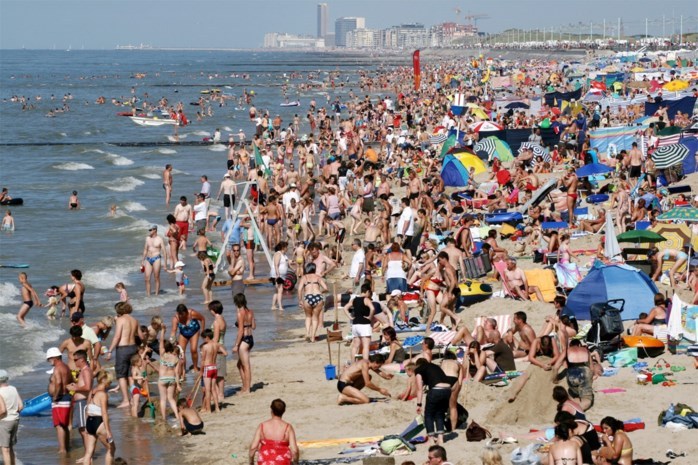The rise in coronavirus infections in Belgium and Europe is going faster than expected, according to infectious disease expert and GEMS chair Erika Vlieghe.
The highly infectious Delta variant, as well as the European Championship and the many football fans travelling across Europe to see the games, are at the base of the increase, according to her.
"The problem is that the group of people who are not yet fully vaccinated is still too large," Vlieghe said on VRT's Terzake programme on Thursday evening.
"We are on the right track with the vaccination campaign, but it will continue throughout the summer," she said. "Until then, we will have to remain cautious."
The relaxations are "going very fast" and "give the impression that we are invulnerable," according to Vlieghe, "but the virus is still here."
Related News
- Portugal and most of Spain colour red on European coronavirus map
- Alpha to Lambda: The variants explained
- 'Fourth wave is already underway in Europe,' says Belgian expert
For the first time in several weeks, the average number of hospital admissions in Belgium is rising as well, although the increase is still limited to 19%.
However, "we have to keep a very close eye on it," according to biostatistician Geert Molenberghs (UHasselt and KU Leuven).
"On the one hand, we are dealing with the highly infectious Delta variant, which currently accounts for two-thirds of the infections in Belgium," he said on Flemish radio on Friday.
"Especially in circumstances where far fewer measures apply, such as face masks or keeping a distance, the spread can be very rapid," Molenberghs added.
Additionally, the positivity ratio of returning travellers testing positive for Covid-19 is 2.5%, and for those coming from Spain, that figure even rises to 4%. "The positivity ratio for people who are tested here is 1%," he said. "So we see here the net impact of travelling."
Whether or not we can turn the tide depends on people's reaction to the increase, according to Molenberghs.
"The laws of the virus do not stop: the earlier we adapt, the easier it is to turn around," he said. "If the train goes faster and faster, it will be increasingly difficult to stop it and make it go in another direction."
"There is little reason to assume that our figures will go down spontaneously after a few weeks," Molenberghs stressed, adding that he hopes the rise can be a kind of wake-up call for people.
People do not necessarily need a framework to adapt their behaviour, according to him. "If we adjust our behaviour and cut our coat according to our cloth, it may not be so bad."
What should happen if or when additional measures are needed, is a matter of consultation and political decisions. "If something has to be done, you have to look at the circumstances in which the spread is very fast, where many people meet without too many barriers."

